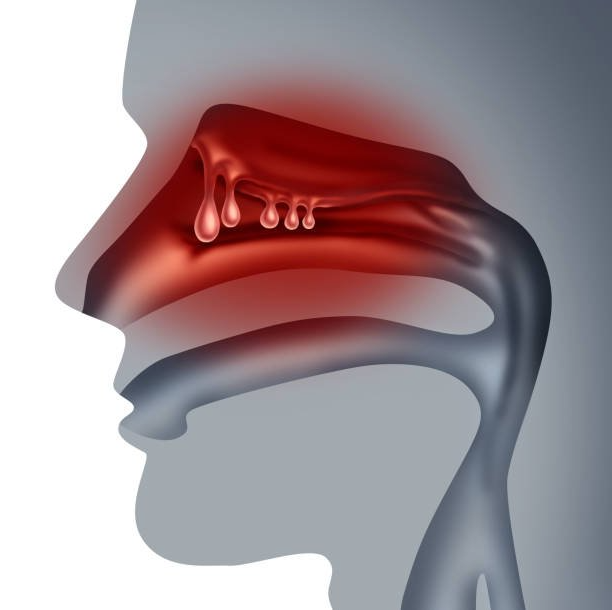Snoring
Though snoring is common among many—nearly 90% of adults—and may seem like a minor issue, it can be an indicator of a more serious health condition called Obstructive Sleep Apnea (OSA).
Treatments for obstructive sleep apnea may include medical therapies, nasal surgery, septoplasty, tonsillectomy, CPAP, and other interventions.
Symptoms of OSA
Loud Snoring
Frequent and loud snoring is often associated with obstructive sleep apnea.
Disturbed Sleep
This can lead to episodes of pausing for breath while asleep, dry mouth, tand hroat irritation.
Daytime Tiredness
As sleep is disturbed, you may start experiencing irritability, mood changes, depression and having difficulty concentrating.
Causes of Snoring
Snoring occurs when airflow is blocked by over-sized tonsils, a large tongue or uvula, or a deviated septum. OSA occurs when the obstruction of airflow is so severe it leads to reduced or compromised breathing. A child might develop OSA due to problems with their tonsils or adenoids, whereas adults might experience it due to a combination of factors.







